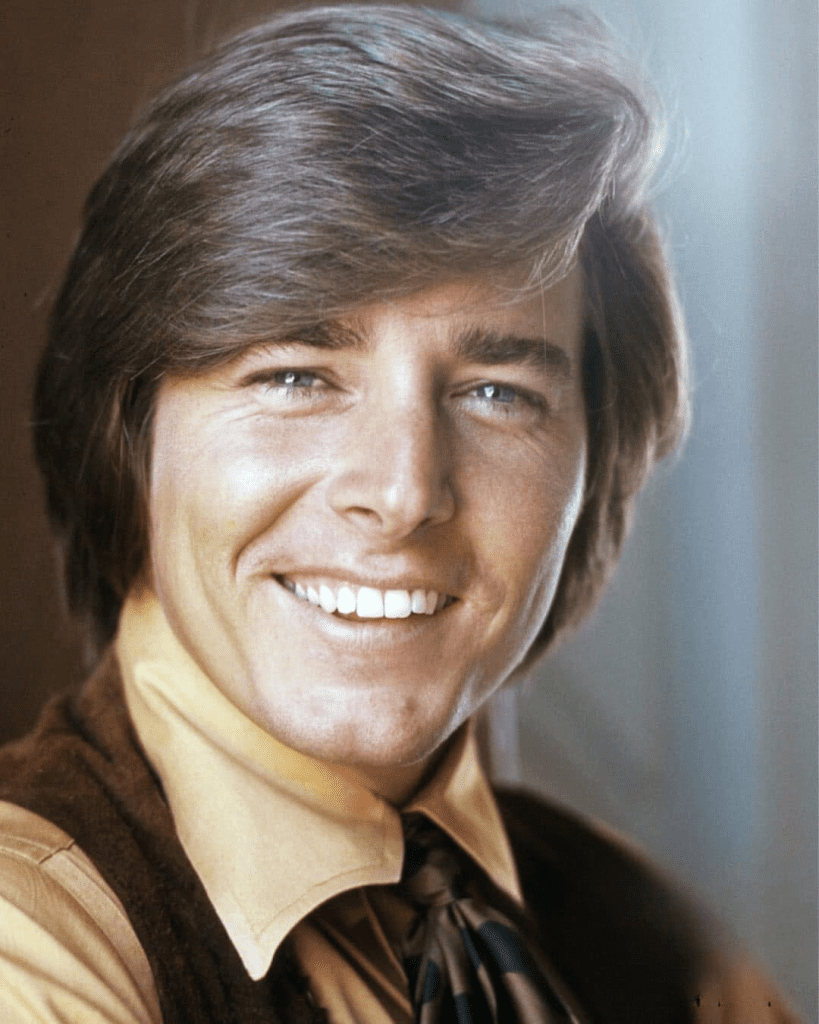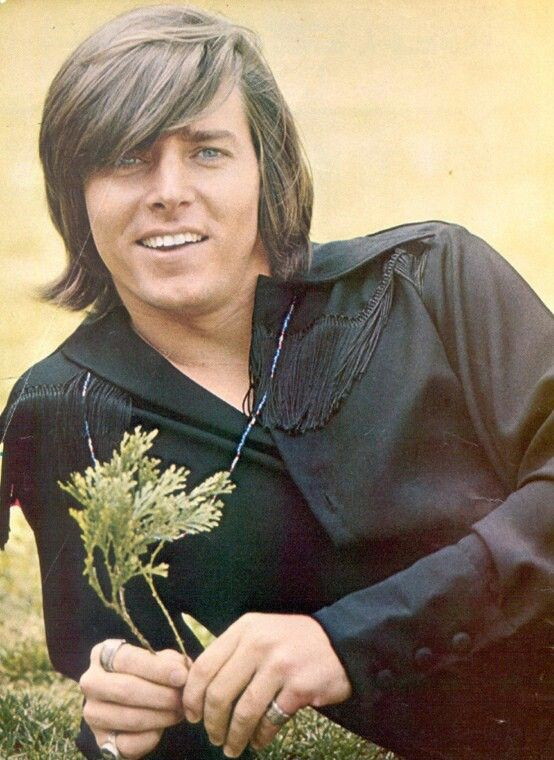Bobby Sherman, a prominent music star of the 1960s and 1970s, was widely adored and admired, with almost everyone having had a crush on him at some point. Born on July 22, 1943, in Santa Monica, California, and raised in Van Nuys, he showed an early interest in music, playing trumpet in his high school band and learning to play various instruments.
His good looks and vocal talent soon caught the attention of record producers, and in the mid-1960s, he began recording music. However, it was his role on the ABC television series “Shindig!” that truly launched his career. As a regular performer on the show, Sherman’s boy-next-door charm and energetic performances quickly made him a favorite among teenage audiences.
“I was always the guy who had the audacity to stand up and sing in front of everyone,” Bobby later recalled. At a cast party for “The Greatest Story Ever Told,” Bobby found himself among friends performing on stage. Encouraged by the atmosphere, he seized the moment and belted out Ray Charles’ “What’d I Say” to the assembled guests.

Bobby Sherman quickly integrated into the Hollywood scene. Just three days after a party attendee tipped him off, he landed an audition that led to a starring role on the television show “Shindig.” The two-year role on “Shindig” was pivotal for Sherman, catapulting him into national fame and opening up numerous career opportunities.
Following the conclusion of “Shindig” in 1966, Sherman continued to make guest appearances on popular shows like “The Monkees,” “Honey West,” and “The FBI.” Despite his growing recognition, his breakthrough came in 1968.
Despite not initially receiving much critical acclaim for his vocal abilities, Bobby Sherman achieved significant success as a singer, particularly among his young audience from 1969 to 1971. During this period, he released hit songs like “Julie, Do Ya Love Me,” “Easy Come, Easy Go,” and “Little Woman,” with millions of records sold.

However, Bobby Sherman’s demanding schedule took a toll, prompting a surprising career change focused on saving lives. Inspired by parenthood, Sherman trained in first aid and CPR, becoming a volunteer EMT and later joining the LAPD.
He continued to produce music and interact with fans during his humanitarian work, but his primary focus shifted to public service. After retiring from entertainment in 1997, Bobby expressed gratitude to his fans and founded a children’s foundation with his wife, Brigette, in Ghana.

Bobby Sherman’s impact on pop culture and his contributions to public service are both significant and enduring. As a teen idol, he brought joy to millions of fans with his music and television performances, and his songs remain beloved by many.
His dedication to helping others through his work as an EMT and police officer demonstrated his compassion and commitment to making a positive difference in the world. Sherman’s legacy is also reflected in the continued admiration of his fans and the respect he has earned from his peers.
Today, as he turns 81, Bobby Sherman remains an iconic figure, valued for his contributions to entertainment and philanthropy. His remarkable transformation from a pop culture icon to a dedicated public servant is a testament to his character and the breadth of his talents.


